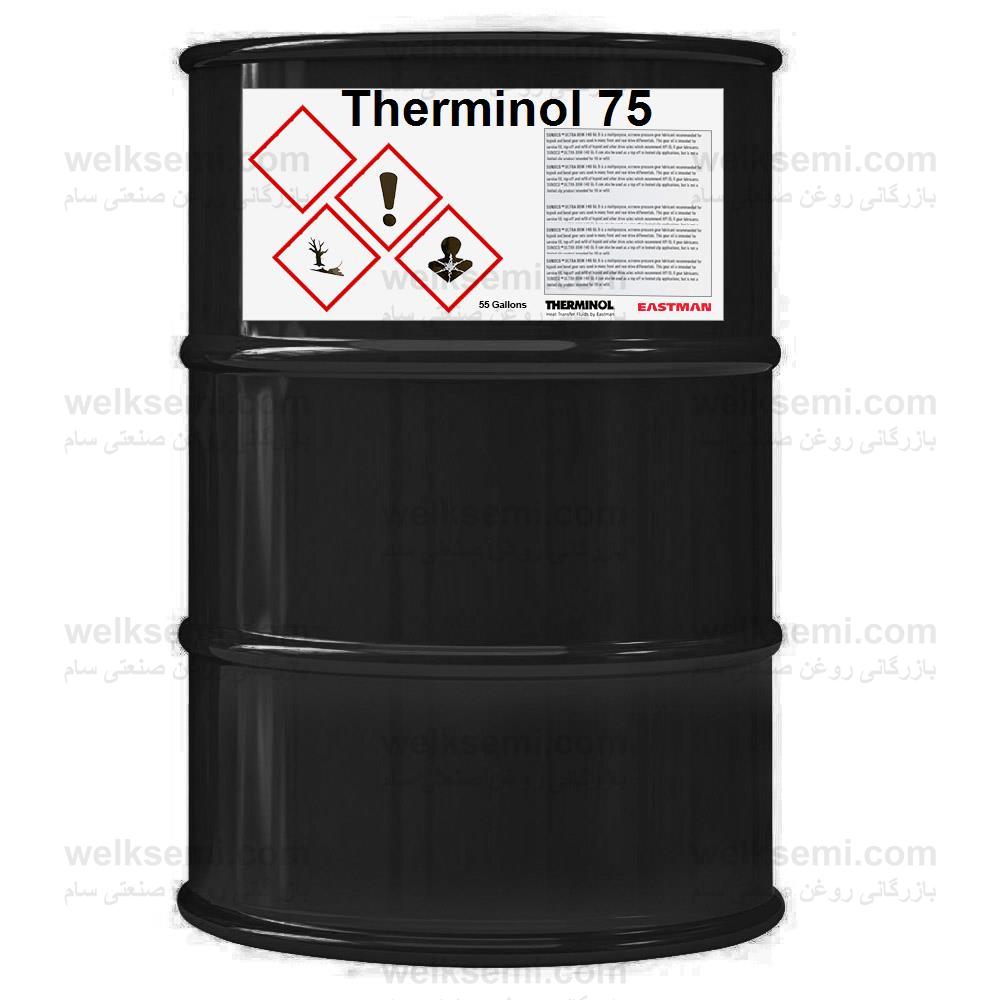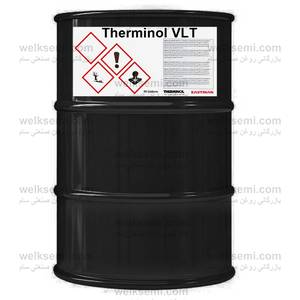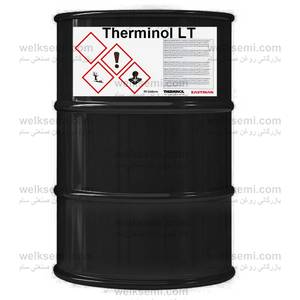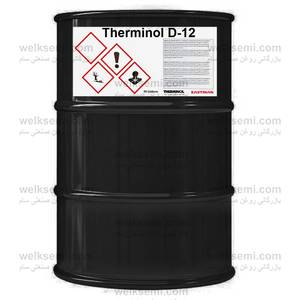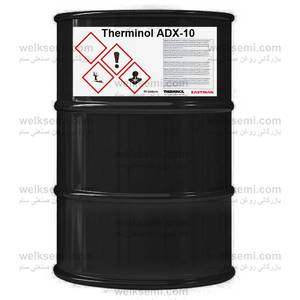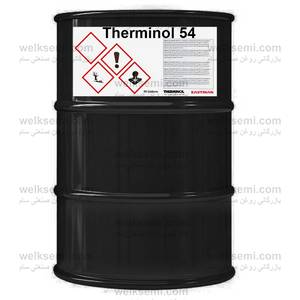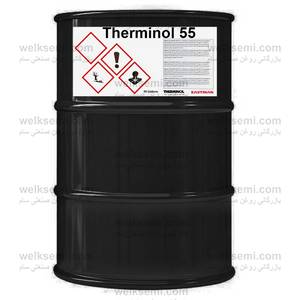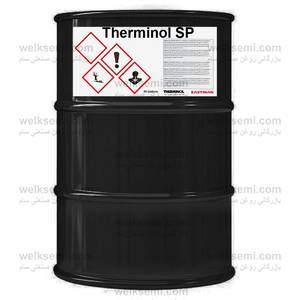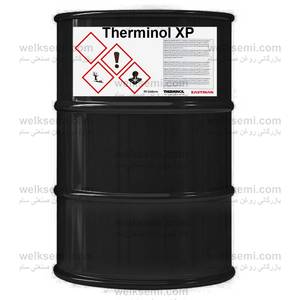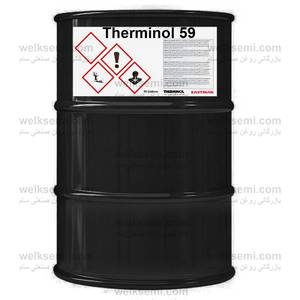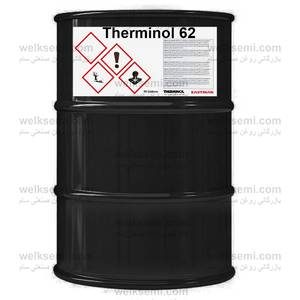Introduction to Therminol 75
Therminol 75 is a highly versatile heat transfer fluid used in various industrial applications. It is designed to operate efficiently in systems requiring consistent temperature control. This fluid provides excellent thermal stability, making it suitable for high-temperature operations. This introduction will present an overview of Therminol 75, its composition, and its primary uses in different sectors.
Benefits of Using Therminol 75
The use of Therminol 75 offers several advantages to industries that depend on reliable heat transfer fluids. The fluid’s inherent stability under high temperatures ensures prolonged equipment life and reduced maintenance costs. Furthermore, Therminol 75 demonstrates a high heat-transfer efficiency due to its low viscosity, helping to maintain optimal temperature control in processes.
Applications of Therminol 75
Therminol 75 finds applications across multiple sectors, including chemical manufacturing, food processing, and renewable energy. In chemical processing, it serves as a heat transfer medium in reactors and distillation columns. Meanwhile, the food industry utilizes Therminol 75 for heating and cooling systems, ensuring the safety and quality of food products.
How Therminol 75 Works
Understanding how Therminol 75 works is crucial for industries looking to implement effective temperature control solutions. The fluid circulates through heat exchangers or reactors, absorbing and dissipating heat as needed. This process allows for the maintenance of optimal operating temperatures, which is particularly important in sensitive applications.
Comparison with Other Heat Transfer Fluids
When compared to other heat transfer fluids, Therminol 75 stands out due to its exceptional thermal stability and efficiency. Unlike water-based fluids, Therminol 75 can operate at much higher temperatures without evaporation. Moreover, its chemical composition minimizes the risk of degradation over time, which is a common issue with many organic and synthetic alternatives.
Regulatory Compliance of Therminol 75
Therminol 75 complies with various industry regulations, ensuring that it is safe for use in diverse applications. It meets stringent guidelines set by organizations governing the use of heat transfer fluids. This aspect is essential for industries that prioritize safety and environmental responsibility in their operations.
Environmental Impact of Therminol 75
The environmental impact of Therminol 75 is an important consideration for industries seeking sustainable solutions. The fluid is designed to minimize emissions and reduce the likelihood of spills. It is also non-toxic, making it a safer alternative to other hazardous heat transfer fluids.
Technical Information on Therminol 75
Technical specifications of Therminol 75 highlight its suitability for high-performance applications. The fluid can operate at temperatures ranging from -40°F to 600°F. This wide temperature range allows for flexibility in various heat transfer applications. Additionally, the low viscosity at high temperatures ensures efficient pumping and heat transfer capabilities.
Buying Therminol 75
Industries looking to procure Therminol 75 can easily find suppliers through various channels. Many chemical suppliers and distributors offer competitive pricing and bulk purchasing options. It's important to select a reputable supplier that guarantees the quality and integrity of the product. Customers should consider factors such as availability, cost-effectiveness, and delivery time when making a purchase.
Specifications of Therminol 75
The specifications of Therminol 75 detail its physical and chemical properties. This product typically features a specific gravity of approximately 0.87 and a flash point of around 385°F. These specifications are important for determining suitability for operations involving various temperatures. Furthermore, Therminol 75's low pour point enables it to perform well in cold environments.
